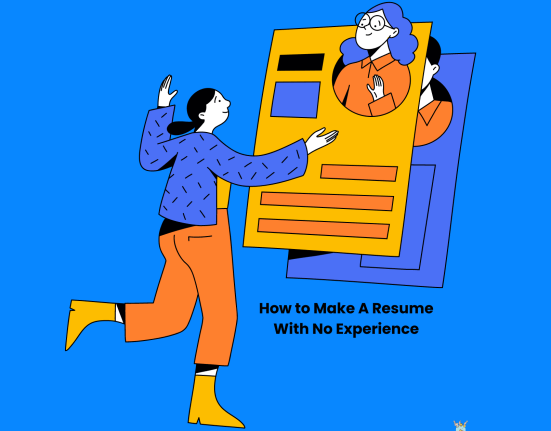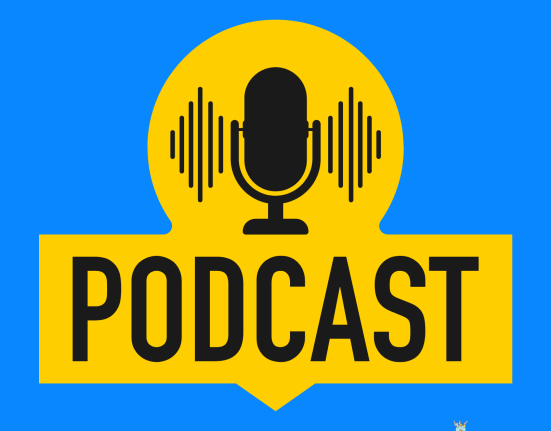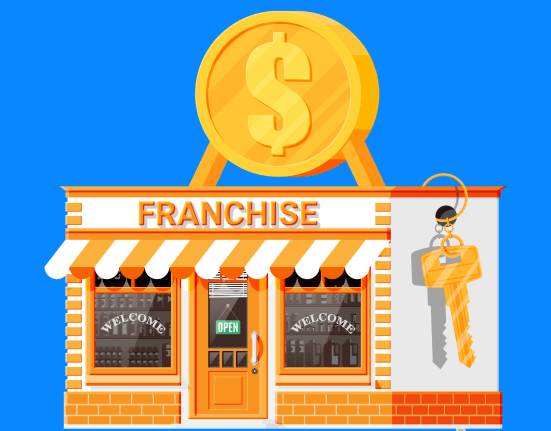Ever wondered about the real difference between a “career” and a “job”? It’s not just about words; it’s about what you do to earn a living and how it impacts your life. Both aren’t the same; it’s not ‘career or job’; it’s ‘career vs. job.’
In short, a job is more like doing specific tasks for immediate pay, while a career involves long-term growth, learning, and finding satisfaction. In this article, we’ll get into the distinctions between a job and a career. We’ll discuss what sets them apart, why understanding this matters, and how knowing the difference can shape your professional journey.
Let’s now talk about the never-talked aspects of career vs job.
Understanding Job and Career (with examples)
Before getting into the debate of career vs job, it is important to understand the definition and characteristics of both terms.
Job:
Answering professionally, a job refers to a specific task, piece of work, or employment role undertaken by an individual in exchange for monetary compensation. Your job refers to a specific position within a company or organization where your primary focus is fulfilling assigned duties to meet immediate needs or tasks. You work, and you get paid.
Characteristics of a job
Short-term focus: Jobs are about fulfilling immediate tasks within a set timeframe and getting paid. They may not necessarily consider or contribute to your long-term career aspirations but focus on accomplishing tasks within the defined job role.
Task-oriented: In a job, you are assigned specific roles, tasks, or responsibilities. The emphasis lies on completing these tasks efficiently and effectively, contributing to the overall functioning of the position within the organization.
Typically for financial gain: The primary motivation behind taking up a job is usually financial compensation. Individuals engage in jobs to earn income, support themselves, or fulfill immediate financial needs.
Examples and illustrations of jobs:
Based on the above-mentioned characteristics, here’s an example – You must’ve seen Hollywood movies where the protagonists perform odd jobs to earn money. For example – they flip burgers, work at a gas station, and get paid. But the career they aspire to is different, and they eventually get there.
Here’s one more – my first job was as a developer. I wrote code and got paid. Now, I am writing articles for FuelEd and am getting paid. Both are widely different positions with different work. Both are jobs.
Career
A career represents a continuous and evolving journey of your work life. This includes your professional experiences, advancements, and achievements in a particular field or industry. It involves deliberate choices, long-term planning, and ongoing development to achieve your personal and professional growth.
Confused? Keep reading
Characteristics of a career
Long-term perspective: Unlike a job, a career involves strategic planning and a forward-looking approach. It’s about envisioning your progress, goals, and aspirations in a chosen field over an extended period.
Development and growth-oriented: A career involves and demands continuous learning, upskilling, and professional development. It involves seeking new opportunities, acquiring new skills, evolving within the chosen profession, or changing them. You’ve to be flexible.
Personal fulfillment and progression: Beyond financial gain, a career aims to bring a sense of purpose, satisfaction, and personal fulfillment. It involves making decisions by aligning your passions, values, and interests. Plus, a long-term goal brings more money than a short-term commitment.
Example of a career:
I’ll take my example so that you can relate better. I started as a developer but became a full-time freelance writer one year later. Being a developer was my job then. But now, I’ve figured out a different career path.
My career is going to be that of a writer, content creator, and marketer. My current work as the writer of FuelEd blogs is a job and a stepping stone towards my career. Makes sense? Think of a job as a subset or part of your career.
Related: How to choose a career in 2024
Career vs Job: The Differences
When we talk about a career versus a job, we’re essentially exploring two distinct approaches to work.
As we have already discussed, a job often revolves around immediate tasks completed in exchange for instant compensation. It’s task-oriented and typically focuses on short-term goals within a specific role or position.
Conversely, a career is about a more holistic journey, emphasizing personal growth, ongoing learning, and the pursuit of fulfillment throughout an individual’s professional life.

Source: Byjus
Here are some key differences between a career and a job:
A. Duration and commitment
At jobs, people often move around more frequently, trying out different roles or positions. It’s like exploring various paths without sticking to one for an extended period. This flexibility allows for diverse experiences but might not require a long-term commitment to a specific field.
On the contrary, a career is about dedicating yourself to a particular path over a more extended period. It involves investing time and effort into growing and advancing within a chosen profession, focusing on continuous development, and becoming proficient in that field.
Tip: The longer you think, the better you achieve. Prioritize a fulfilling career over a job.
B. Purpose and goals
When it comes to jobs, the primary aim is often to complete assigned tasks or duties. You’re typically focused on what needs to be done at the moment, which may not always align with your bigger career aspirations. You’re more worried about your present and the paycheck coming next month.
In contrast, a career allows you to set your own goals and plan your professional journey. It’s about defining where you want to be in the future and taking steps to get there, setting milestones that align with your ambitions and aspirations. This involves having a job, too, obviously. After all, a job should be a subset of your planned career.
C. Investment and growth
Jobs usually require specific skills tailored for immediate tasks or responsibilities. While these skills are essential for completing job-related duties, they might not demand continuous learning or substantial investment. Plus, these skills might have no use outside of those immediate paid tasks.
In contrast, a career involves ongoing investment in oneself. It involves a constant learning process, focusing on acquiring new skills (inter and intra), expanding knowledge, and growing in expertise to excel and progress in your chosen field.
D. Satisfaction and fulfillment
This is a non-tangible but very important differentiating factor of the ‘career vs job’ debate. In jobs, satisfaction often comes from finishing tasks and receiving compensation promptly. However, this satisfaction might be temporary and may not provide a deep sense of fulfillment.
But, a career aims for a more profound sense of satisfaction and fulfillment. It’s about finding purpose in your work and growing both professionally and personally. Moreover, it is about feeling proud and content with your achievements within your chosen field or profession. It is about looking back at those 30-40 years and realizing you have achieved more than you imagined.
Also Read: 12 differences between a career and a job
Conclusion
If you’re smart, you now understand that a career is a big circle in which there are many smaller circles. And one of those smaller circles is ‘Job’. In the balancing act between ‘career vs job,’ effective planning is the linchpin for success. This is what I advise:
Start by envisioning your ideal long-term career goal. Then, seek job opportunities that not only offer immediate financial stability but also align with your envisioned career path. See, there is no point in getting a job as a designer when you want a career in artificial intelligence.
Each job you undertake should be seen as a stepping stone, contributing to your skill set and providing experiences that take you closer to your career aspirations. If it’s all too hard to do alone, join the exclusive and free FuelEd Community.











Leave feedback about this